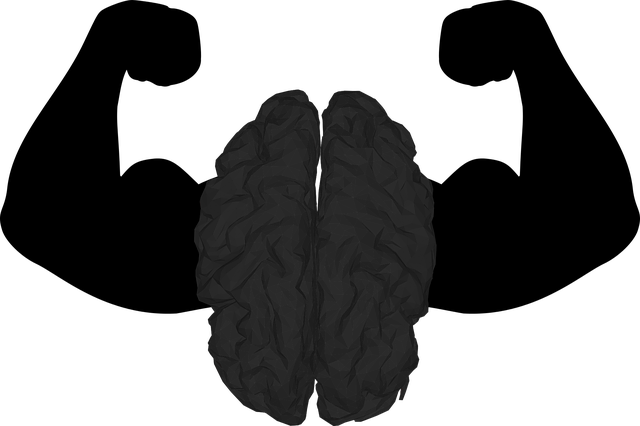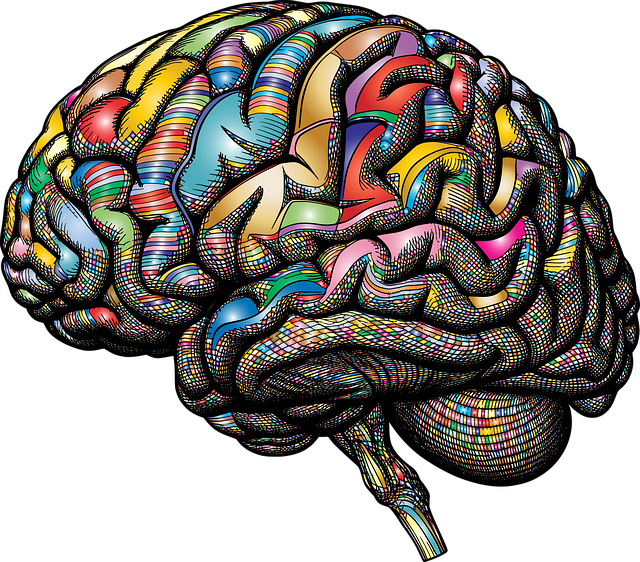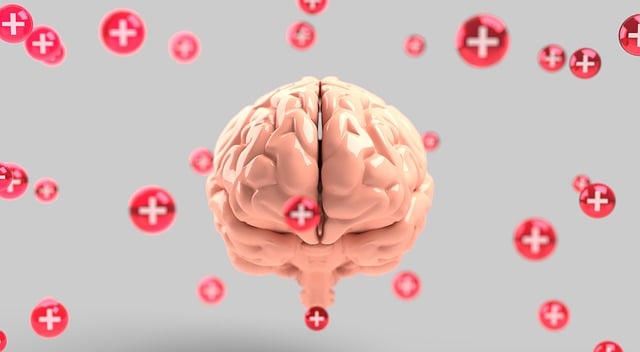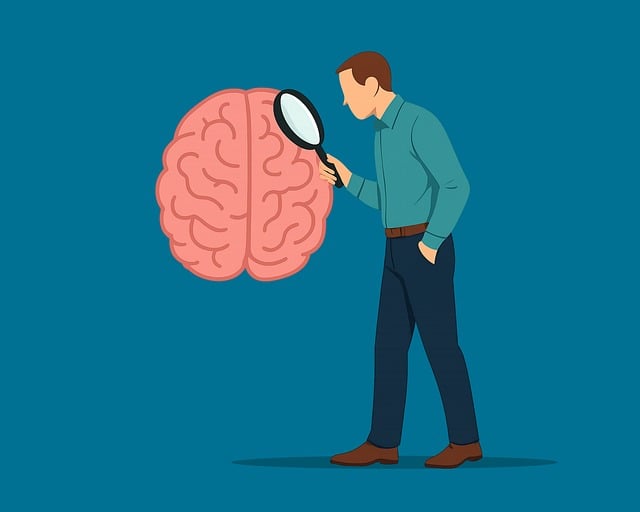Lakewood Developmental Disability Therapy provides comprehensive, personalized mental health care for individuals with developmental disabilities. Through a holistic evaluation process, evidence-based therapies, and focus on self-care, they empower clients to overcome challenges, reduce stigma, and lead fulfilling lives. Their tailored interventions combine crisis support, emotional regulation strategies, and network building to foster healing and long-term recovery.
“Mental illness diagnosis and treatment can be a complex, intimidating journey. This comprehensive guide aims to empower individuals navigating their mental health. We explore the process of understanding diagnoses, highlighting the expertise of Lakewood Developmental Disability Therapy in this domain.
From treatment options to building support networks and self-care strategies, this article offers valuable insights. Learn how to navigate the healthcare landscape effectively, fostering healing with guidance tailored to your unique needs.”
- Understanding Mental Health Diagnoses: Unraveling the Process
- The Role of Lakewood Developmental Disability Therapy
- Navigating Treatment Options: A Comprehensive Guide
- Building a Supportive Network for Effective Healing
- Self-Care Strategies for Individuals with Mental Illness
Understanding Mental Health Diagnoses: Unraveling the Process

Understanding Mental Health Diagnoses: Unraveling the Process
Navigating mental illness is a complex journey, and a crucial step is often securing an accurate diagnosis. At Lakewood Developmental Disability Therapy, we recognize that this process can be overwhelming, especially when dealing with conditions that were once stigmatized. The first step involves a comprehensive evaluation by qualified professionals who employ various assessment tools to gain insights into symptoms, their impact on daily life, and potential underlying causes. This thorough approach ensures that each individual receives a personalized diagnosis, which forms the foundation for effective treatment planning.
The diagnostic process delves into aspects such as emotional intelligence, self-care practices, and past experiences, aiming to identify specific mental health disorders. By addressing these factors, professionals can reduce the stigma often associated with mental illness, fostering an environment where individuals feel empowered to seek help without fear of judgment. This holistic understanding is key to developing tailored interventions that address both the symptoms and the root causes, ultimately promoting healing and well-being.
The Role of Lakewood Developmental Disability Therapy

Lakewood Developmental Disability Therapy plays a pivotal role in assisting individuals navigating mental illness diagnosis and treatment. This specialized approach focuses on addressing the unique needs of those with developmental disabilities, ensuring they receive comprehensive care tailored to their specific challenges. By integrating principles of crisis intervention guidance and emotional regulation strategies, therapists foster an environment where clients can develop coping mechanisms and build resilience.
Through enhanced mental health awareness, Lakewood Developmental Disability Therapy empowers individuals to understand their conditions better. The therapy encourages active participation in the healing process, promoting self-awareness and self-management skills. By combining evidence-based practices with a compassionate approach, this therapy model enables clients to overcome obstacles, lead fulfilling lives, and thrive despite the challenges posed by mental illness.
Navigating Treatment Options: A Comprehensive Guide

Navigating treatment options for mental illness can be a daunting task, but with the right guidance, it becomes a journey toward healing and recovery. At Lakewood Developmental Disability Therapy, we understand that every individual’s path to well-being is unique. Our comprehensive guide aims to demystify the process and empower individuals to make informed decisions about their mental health.
We offer a range of evidence-based therapies tailored to address various conditions, focusing on personalized care. Mood management techniques, for instance, can help regulate emotions and improve overall mental health awareness. Additionally, self-care practices play a vital role in supporting long-term recovery. By combining professional therapy with these coping strategies, individuals can navigate their treatment plans effectively.
Building a Supportive Network for Effective Healing

Building a supportive network is an integral part of navigating mental illness and fostering effective healing. At Lakewood Developmental Disability Therapy, we understand that individuals with mental health challenges often benefit from a strong support system. This can include family members, friends, peers, or even professional support groups. Encouraging open communication and fostering an environment free from stigma helps create a safe space for individuals to express their feelings and seek help without fear of judgment.
By actively involving this network in the healing process, we aim to reduce the Mental Illness Stigma Reduction Efforts while promoting mental wellness. Mental Wellness Coaching Programs Development can empower individuals to take charge of their mental health and develop coping strategies tailored to their unique needs. Additionally, prioritizing Burnout Prevention within these support networks ensures that everyone involved remains resilient and capable of providing consistent care over time.
Self-Care Strategies for Individuals with Mental Illness

For individuals living with mental illness, incorporating self-care strategies is a vital component of managing their overall well-being. At Lakewood Developmental Disability Therapy, we understand that taking care of one’s mind and body can significantly impact the journey towards recovery. Simple yet effective practices such as regular exercise, mindfulness meditation, and maintaining a structured routine can help individuals gain a sense of control and reduce anxiety. Engaging in activities that bring joy, like hobbies or spending time in nature, also plays a crucial role in enhancing mood and fostering resilience.
In addition to these general self-care techniques, specific tools tailored to individual needs can be immensely beneficial. For instance, Social Skills Training helps individuals navigate social interactions with confidence, while Conflict Resolution Techniques equip them with healthy strategies to manage disagreements. Addressing depression prevention through cognitive-behavioral therapy (CBT) and other evidence-based practices empowers folks to challenge negative thought patterns and promote positive mental health.
Mental illness diagnosis and treatment can be a complex journey, but with the right guidance, individuals can navigate this path with support and hope. From understanding the diagnostic process to exploring various therapy options like Lakewood Developmental Disability Therapy, building a strong support network, and adopting self-care practices, each step contributes to effective healing. By utilizing comprehensive resources and fostering an environment of care, we empower those facing mental health challenges to thrive. Remember, with navigation assistance tailored to individual needs, recovery is accessible.














